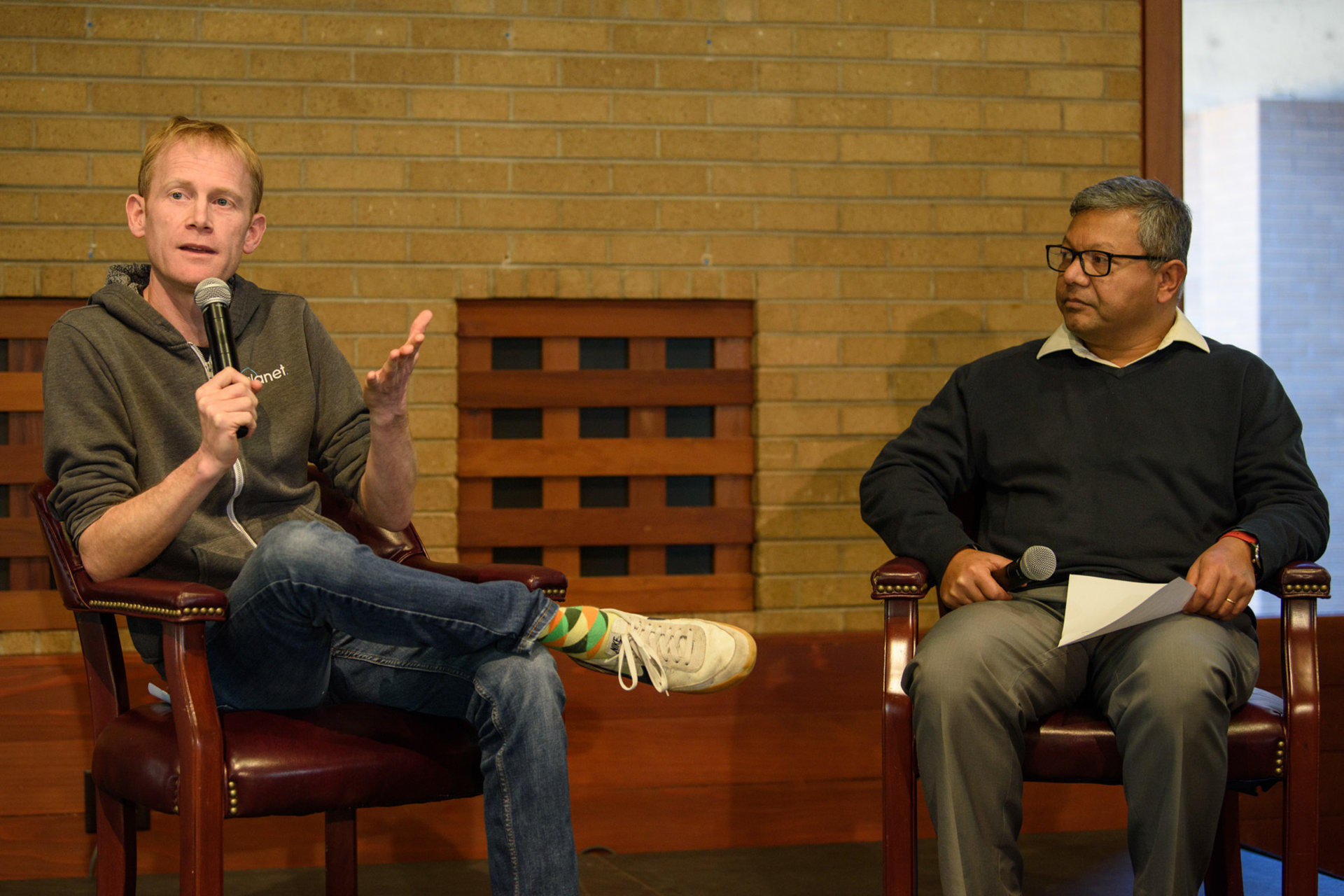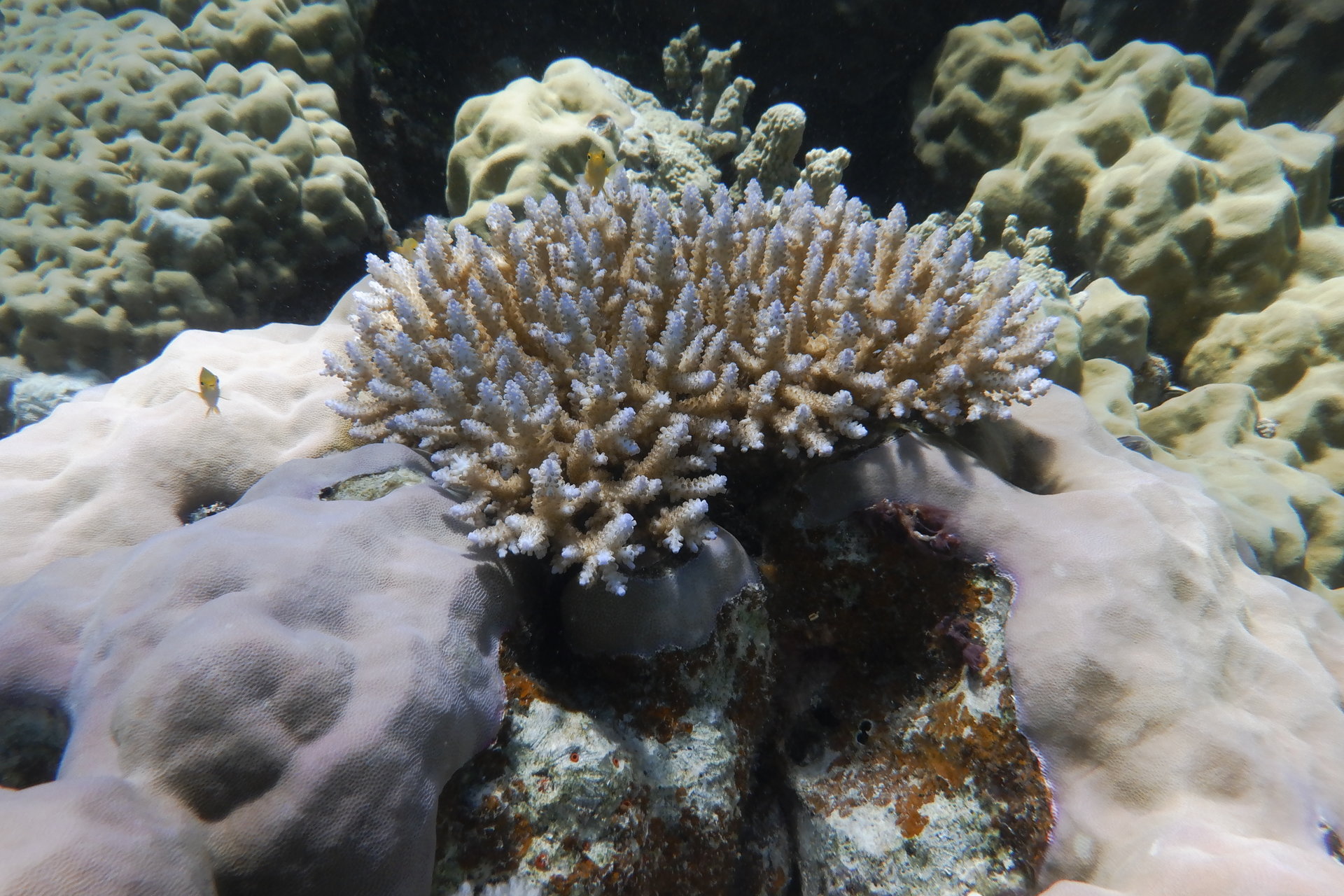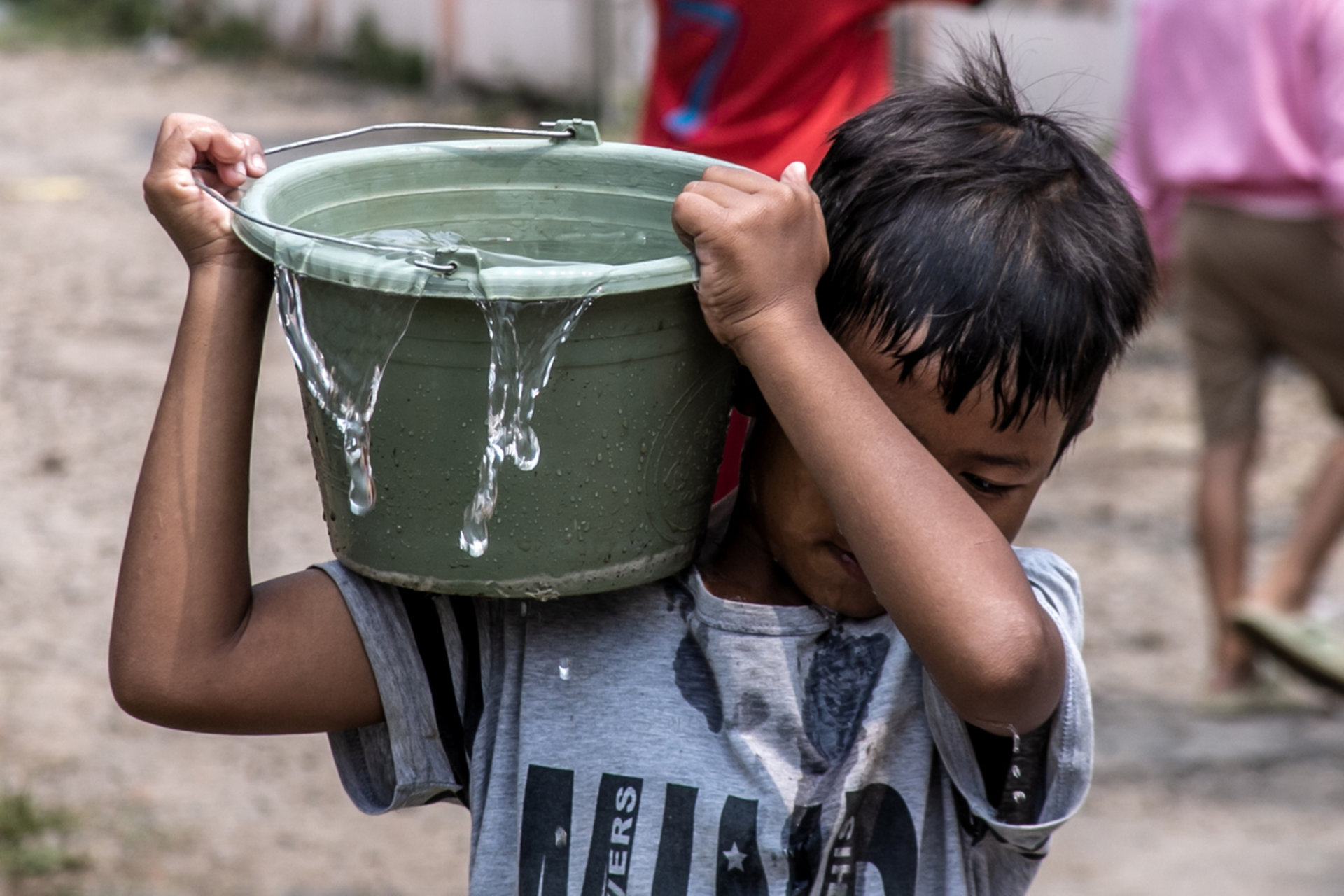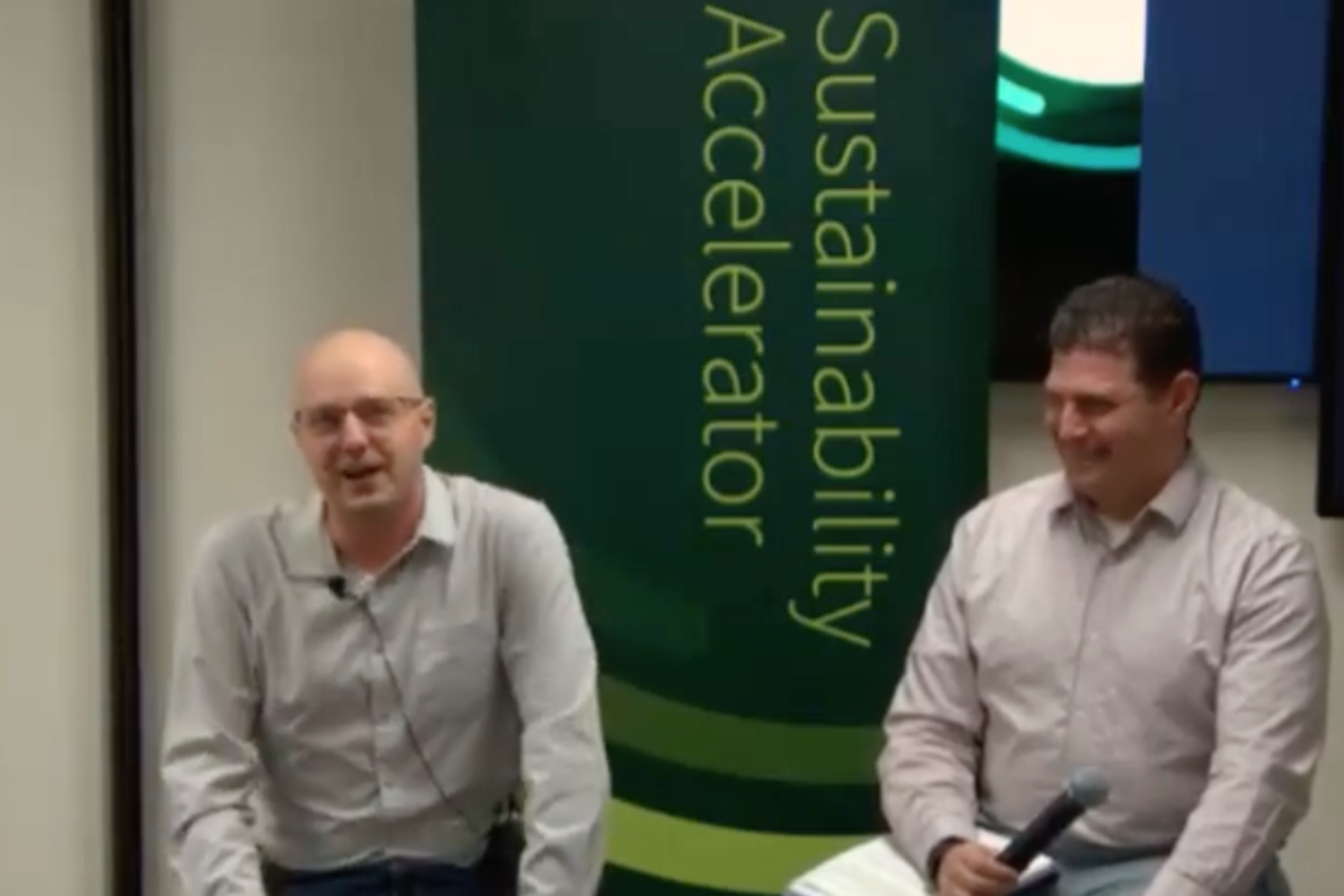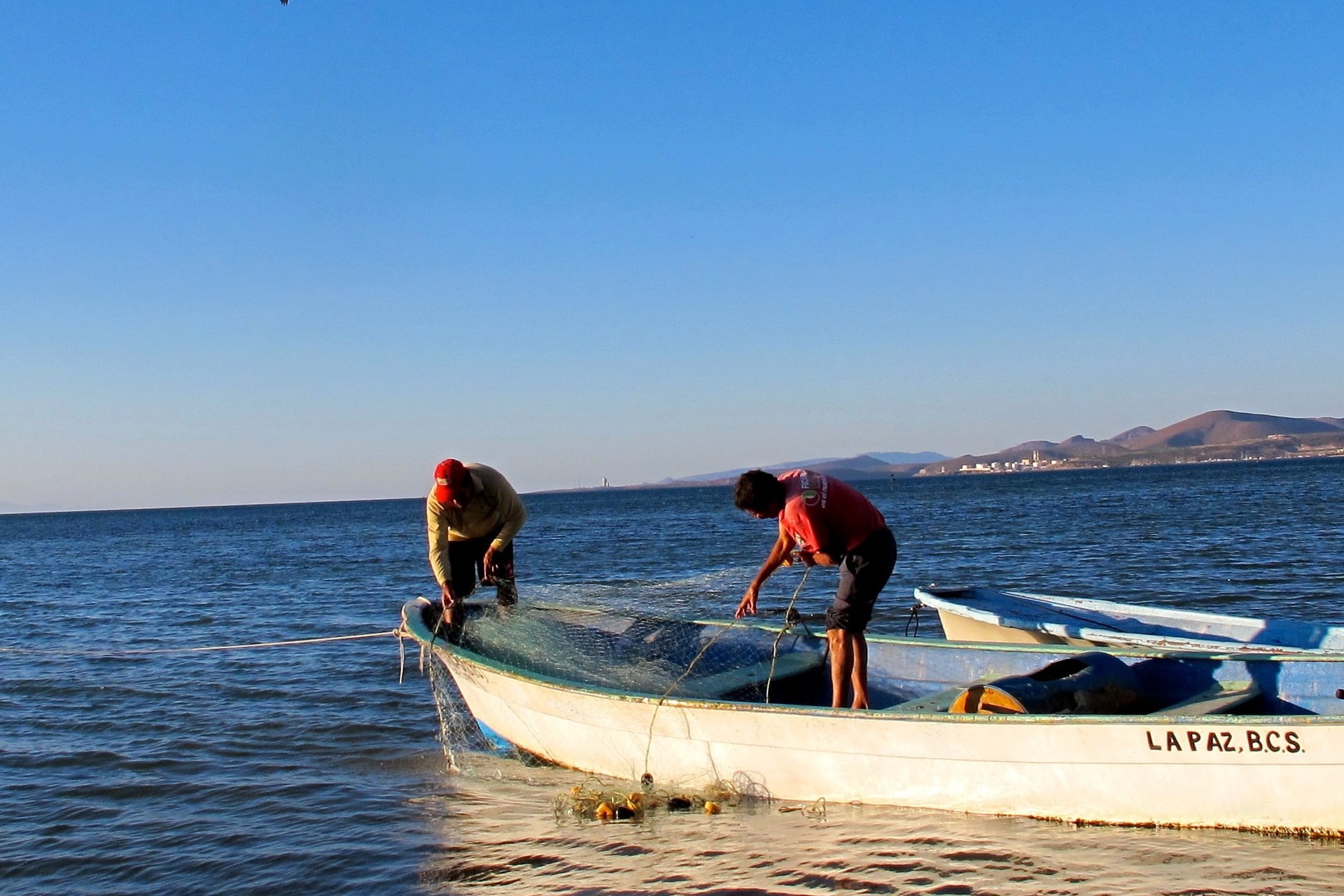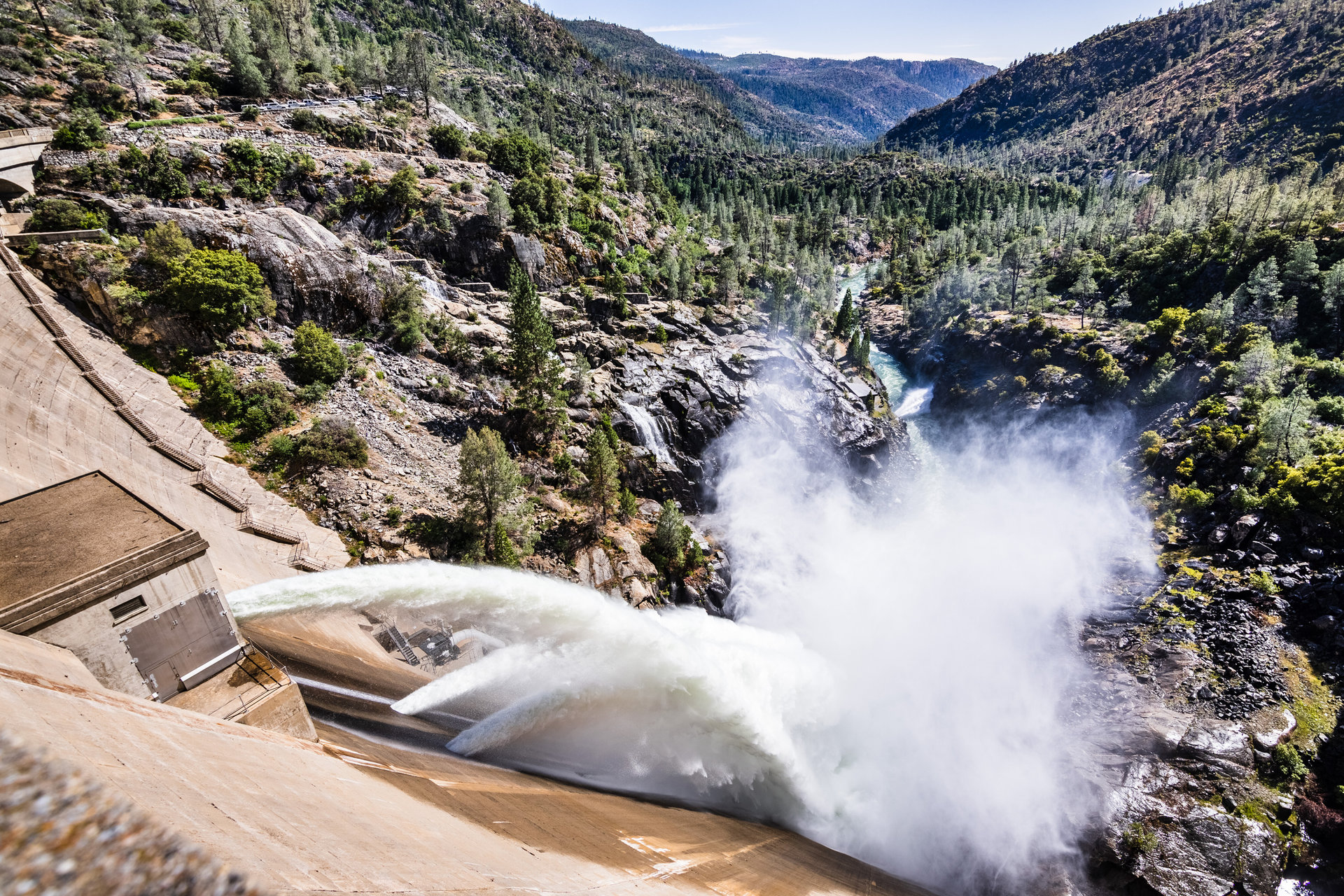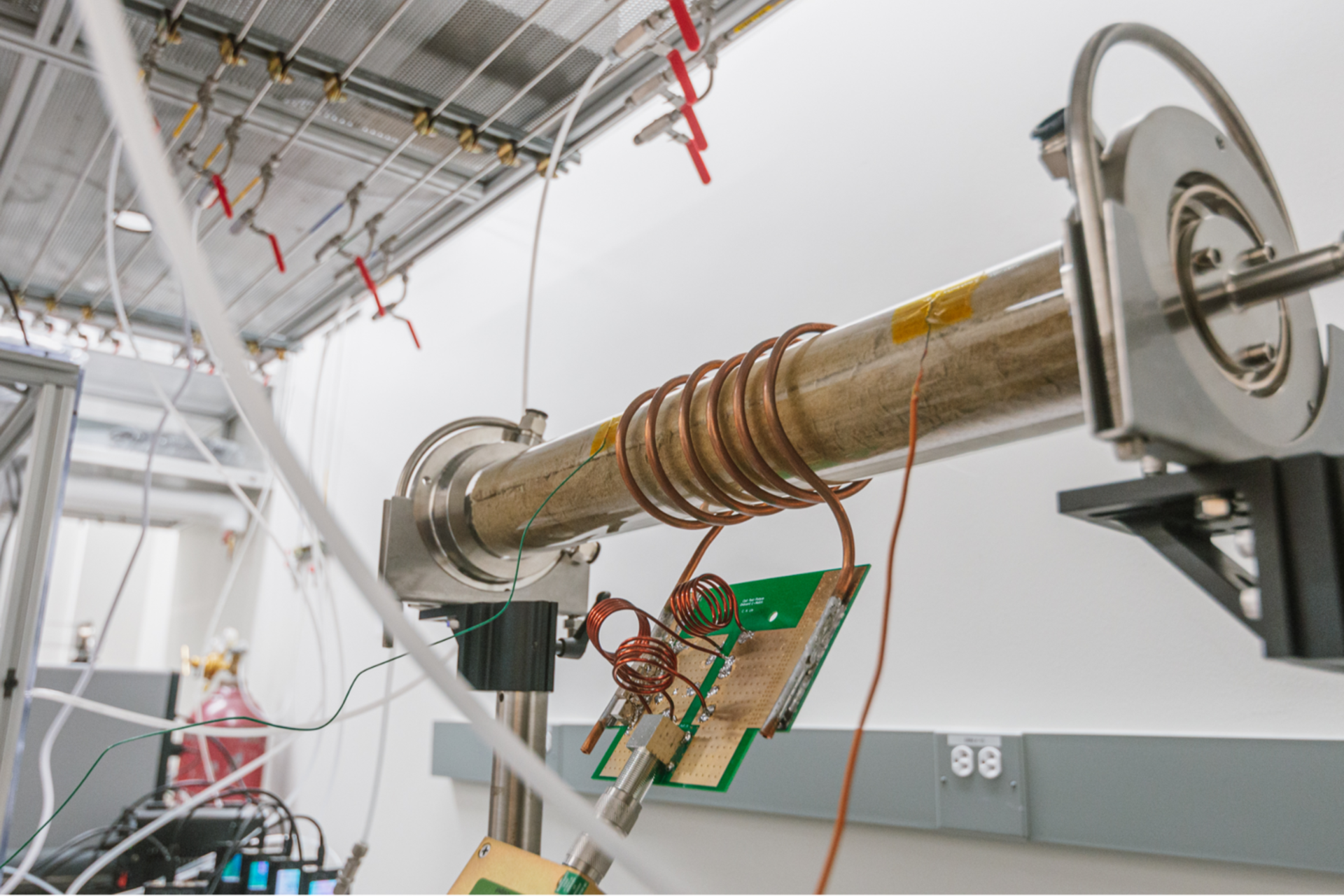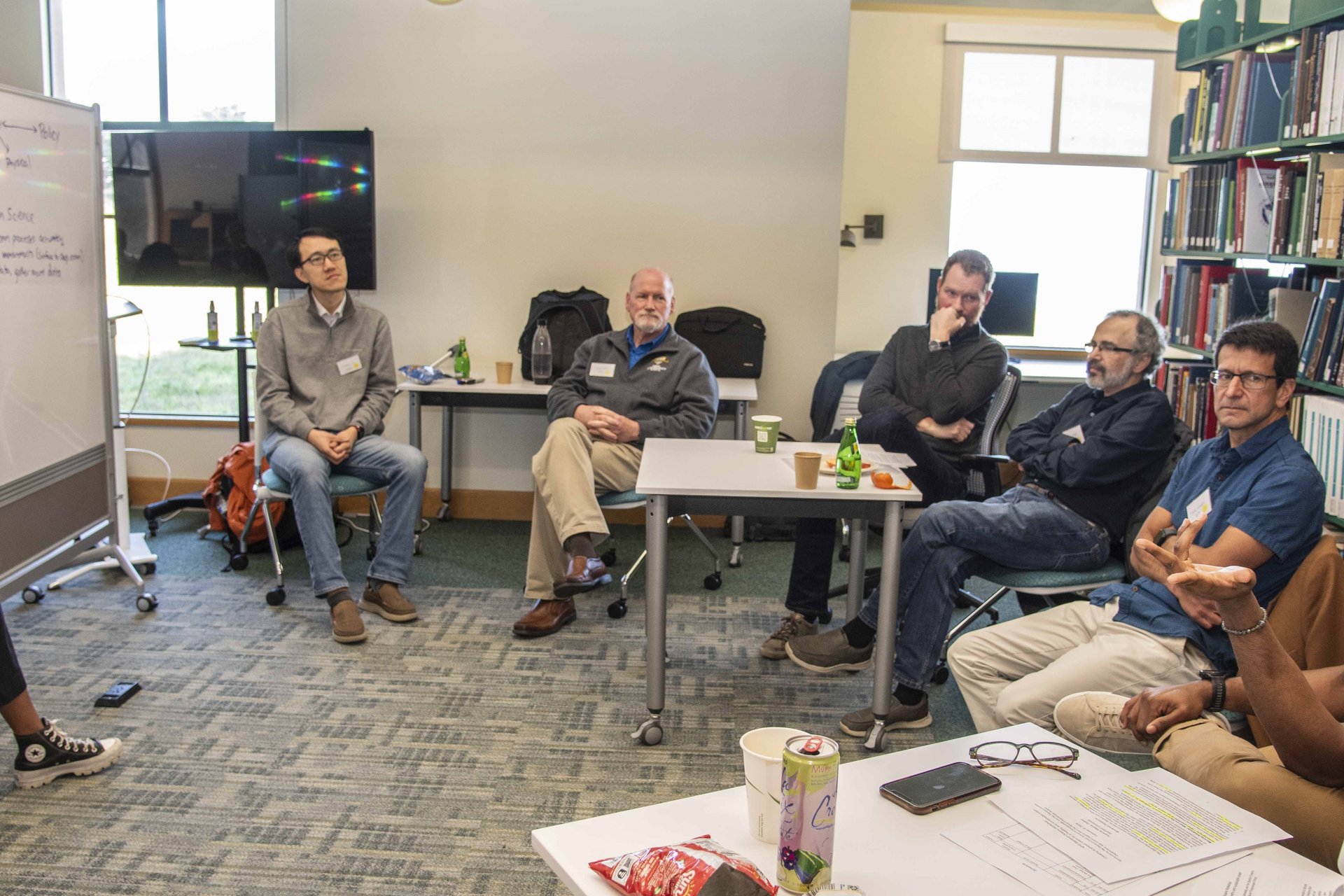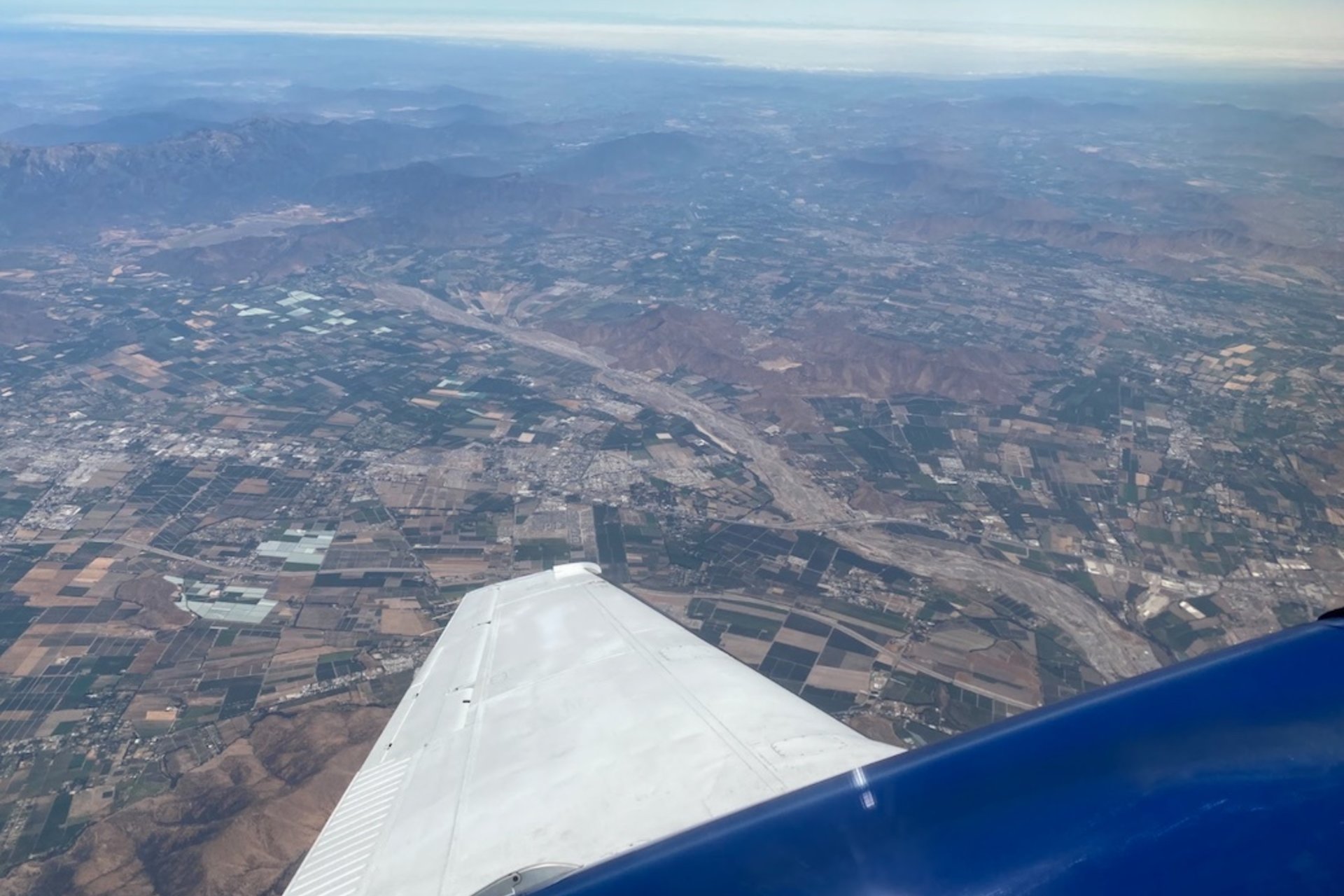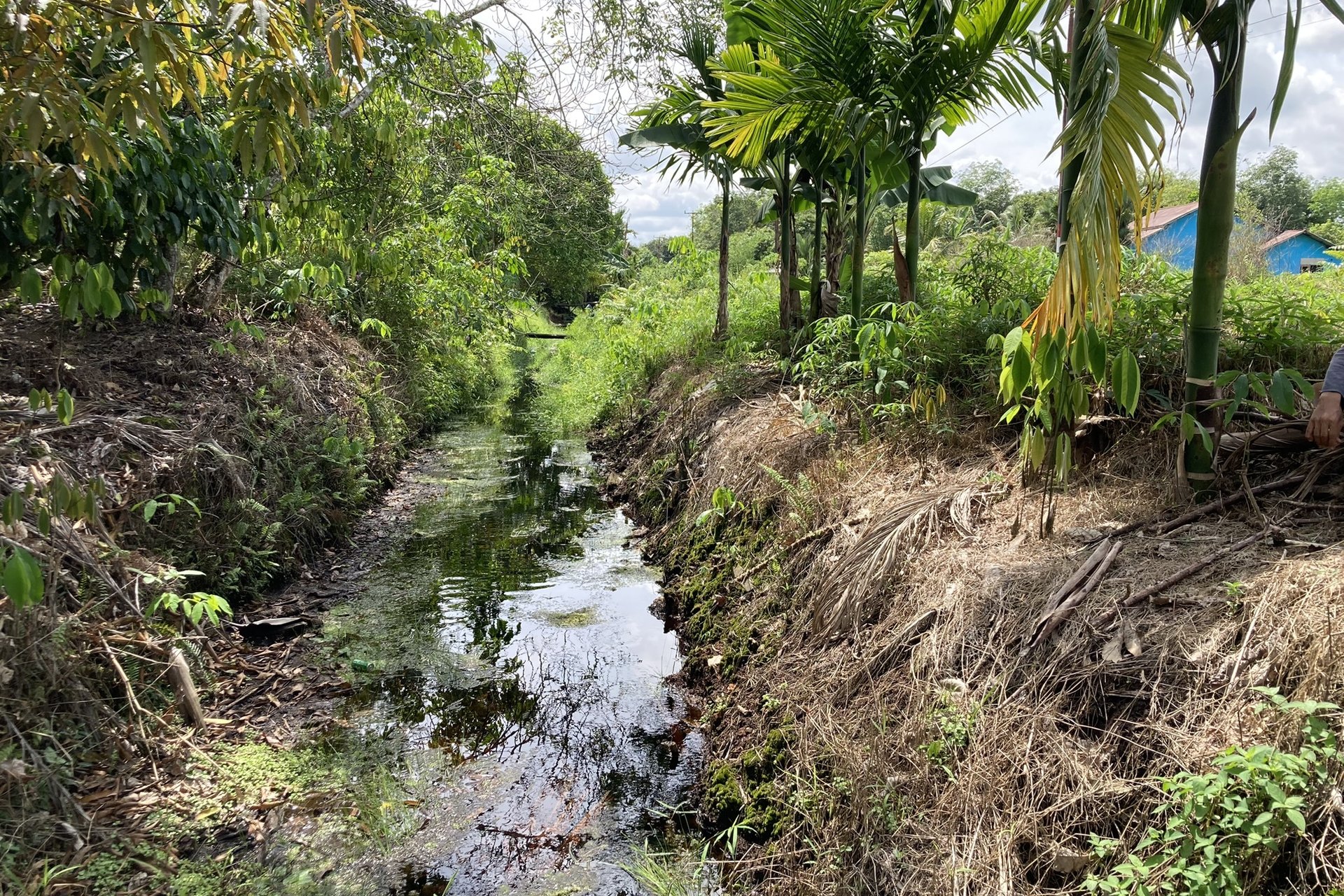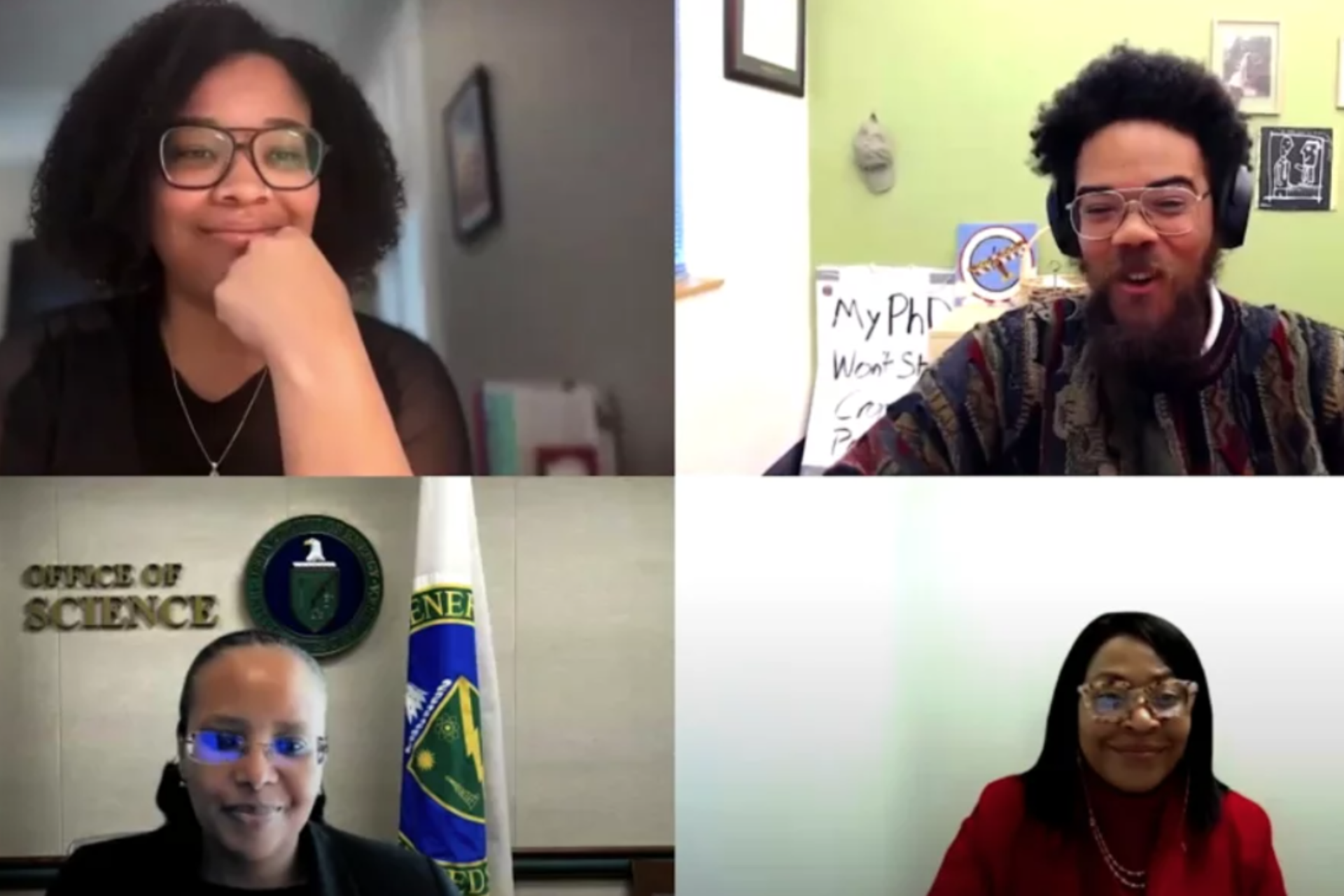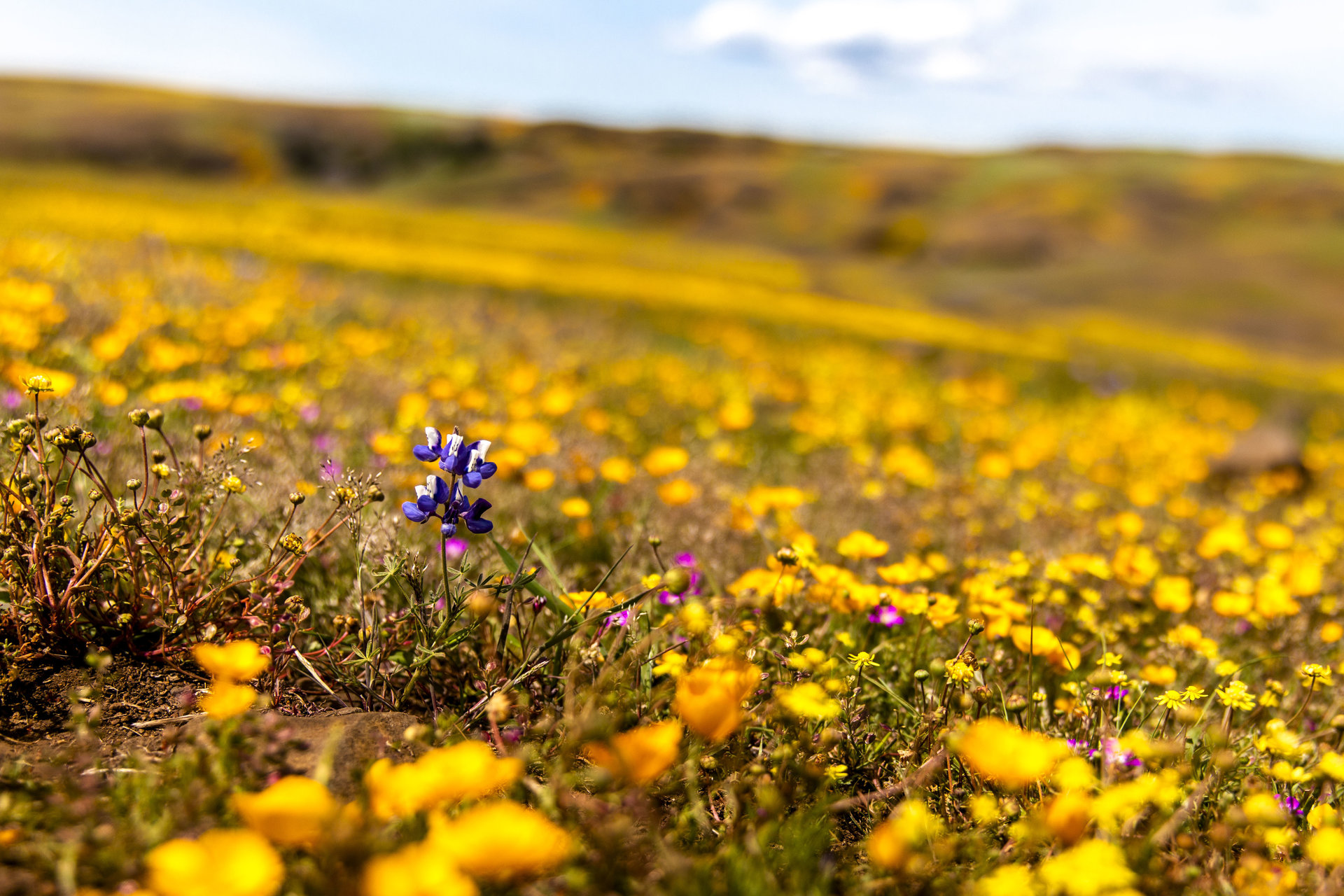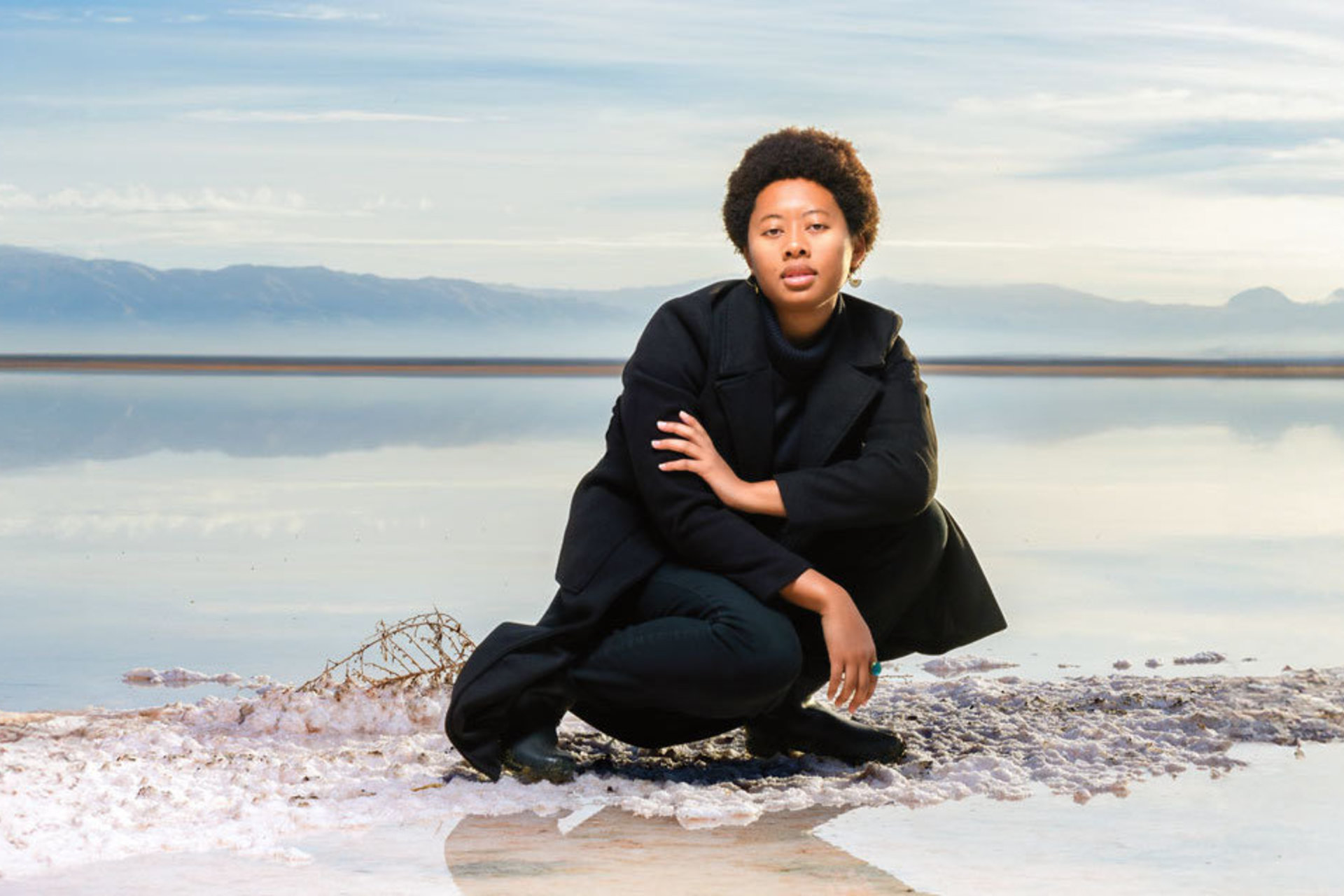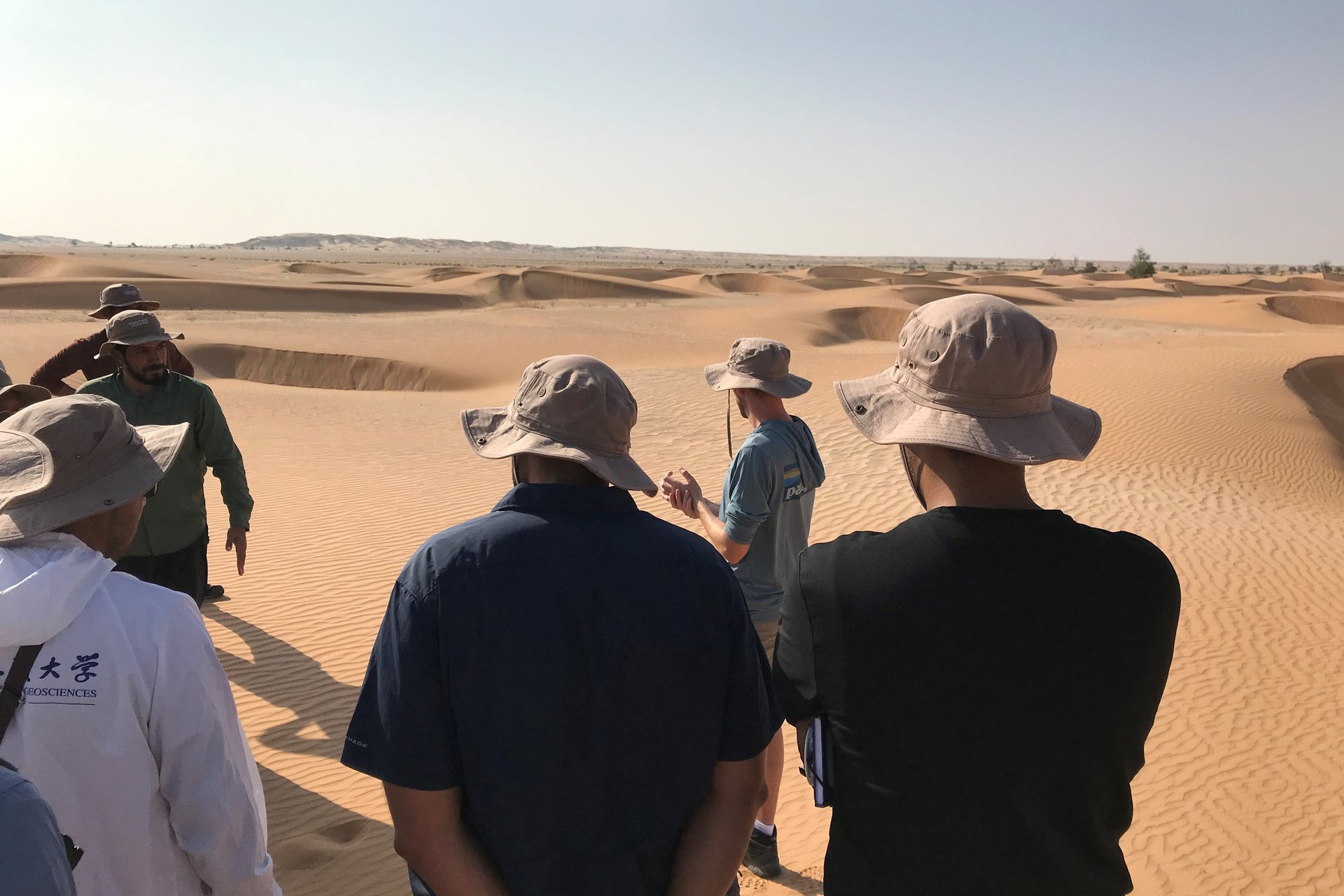Latest research
-
With support from a Stanford Doerr School of Sustainability Accelerator seed grant, an interdisciplinary team has developed a groundbreaking optical sensor that measures DNA and other key molecules in seawater using light, potentially revolutionizing the study of biodiversity in the enigmatic depths below the ocean’s surface.
-
To understand trade-offs for coastal communities along the Mesoamerican Reef, new research looks at watershed interventions regionally versus nationally.
-
Stanford scholars are exploring the connection between plastic and disease, rethinking how plastic could be reused, and uncovering new ways to break down waste.
-
The Stanford Forum on the Science of Energy Transition brought together scientific experts, technology innovators, and industry leaders to explore practical pathways to a decarbonized future.
-
The future of water in the Southwest was top of mind for participants and attendees at the 10th Annual Eccles Family Rural West Conference.
-
Programs and policies that help households go beyond stocking up on food and medical supplies to invest in longer-term protections could overcome the risk perception gap and support adaptation to rising climate-related threats.
-
Scholars and community leaders gathered at an environmental justice conference to discuss the importance of community-driven research, intersectional frameworks, and institutional legitimacy.
-
Yi Cui is harnessing the power of nanoscience to grow extremely small structures—which play a huge role in the clean energy transition.
-
A new study finds that factory and warehouse rooftops offer a big untapped opportunity to help disadvantaged communities bridge the solar energy divide.
-
At a recent Stanford Doerr School of Sustainability Dean’s Lecture Series event, the Planet Labs CEO discussed how the marriage of satellite imagery and artificial intelligence creates new opportunities to track renewable energy projects, wildfire damage, deforestation, coral reef systems, and more.
-
Attendees of the second Stanford Oceans Conference highlighted the need to incorporate different knowledge systems and move beyond ‘either-or’ approaches to sustainability.
-
Stanford researchers are searching for heat-resistant corals that could ensure the survival of vulnerable reefs.
-
Stanford water and climate experts discuss climate impacts on shared water sources and potential solutions.
-
A pair of Stanford students set out 16 years ago to provide solar lanterns as a cleaner, safer alternative to kerosene lamps. One of them, Nedjip Tozun, spoke at a recent Sustainability Accelerator event about bringing their idea from a class project to a reality in millions of homes in underresourced regions.
-
A study of fishing cooperatives and independent operators in Baja California offers lessons for the development of equitable climate adaptation policies across the world.
-
As policymakers consider updates to the Bay-Delta Plan, a Stanford analysis outlines challenges and strategies to support future water security in the San Francisco Bay Area in the face of climate change.
-
The massive reactors churning industrial chemicals today are fired by fossil fuels. A new approach that has received a Stanford Doerr School of Sustainability Accelerator grant would use electromagnetic induction to heat with clean, renewable electricity.
-
The Stanford Doerr School of Sustainability and the Naval Postgraduate School recently convened experts to discuss how research can address climate change impacts on the ocean environment, economy, and national security.
-
Stanford-led research shows methane emissions from a large share of U.S. oil and gas facilities are three times higher on average than the level predicted by official government estimates.
-
Researchers have found that one-third of the organic carbon leached from peatland soils into canal waters in Southeast Asia gets broken down and released into the atmosphere as carbon dioxide.
-
Black Americans have long called on one another to “lift as you climb,” stressing the mutual responsibility to increase access to a work space when you are the first in your community to enter it. This guiding principle set the tone for a recent webinar convened by Earth system science assistant professor Elliott White Jr. and hosted by the Woods Institute for the Environment.
-
A new report looks back at the most impactful environment and sustainability research from Stanford scholars in 2023.
-
A second-year PhD student in Earth and planetary sciences and bestselling science fiction author, Ashing-Giwa never misses a chance to blend lab and lit.
-
A Stanford dune expert discusses watching desert-based movies from the perspective of a geoscientist, the realities of otherworldly dunes, and what his research can tell us about the ancient environment of Earth and other planets.










